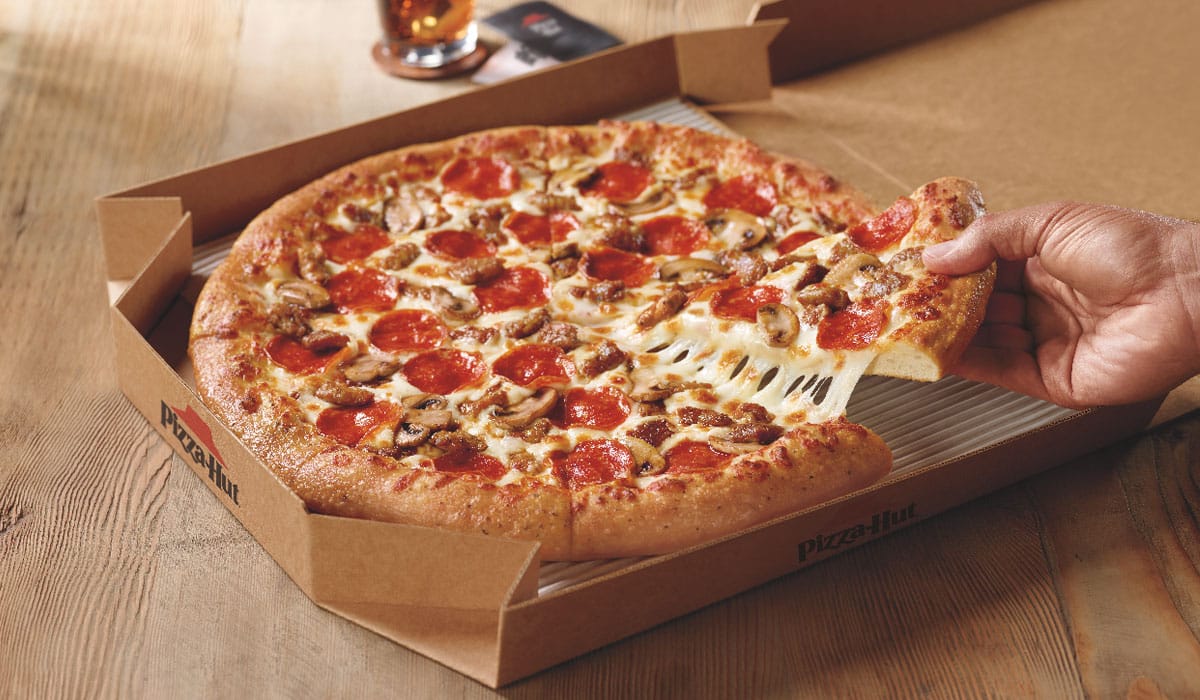Two California-based Pizza Hut franchisees are reportedly cutting more than 1,000 delivery driver jobs in response to the state’s upcoming fast-food law that will raise minimum wage for restaurant workers to $20 per hour.
According to Business Insider, operators PacPizza and Southern California Pizza Co. stated in a WARN Act notice that they are eliminating first-party delivery services and therefore cutting delivery drivers from the payroll. Combined, more than 1,200 jobs will be lost, including 841 in Southern California. The layoffs will be effective throughout February in markets like Los Angeles, Sacramento, and Palm Springs.
A Pizza Hut spokesperson said the company was “aware of the recent changes to delivery services at certain franchise restaurants in California.” The company also noted that franchisees operate independently and make their own decisions in accordance with market dynamics and local regulations.
“Where franchisees have elected to make changes to their staffing approach, access to delivery service will continue be available via Pizza Hut’s mobile app, website and phone ordering,” Pizza Hut said in a statement.
One source who’s worked as a delivery driver for nine years claimed Pizza Hut offered him $400 in severance if he stayed through his layoff date of February 5. He called the offer a “slap on the face.”
Pizza Hut and the rest of the restaurant industry are bracing for California’s AB 1228, a new law featuring a Fast Food Council that will monitor the quick-service segment. In addition to minimum wage for restaurant employees rising to $20 per hour—above the $16 per hour beginning in January for other businesses—the Council could annually increase pay by 3.5 percent or according to changes in the Consumer Price Index, whichever is lower. The law is expected to impact more than 500,000 fast-food workers in the state. Technically, AB 1228 only covers chains with 60 units or more in the U.S., but higher wages at bigger companies will likely have a secondary effect on smaller concepts and independent restaurants that can’t afford the same level of labor costs.
AB 1228 goes into effect in April.
Now, these Pizza Hut franchisees will rely solely on third-party apps like Uber Eats and DoorDash. The brand has built a strong relationship with these companies in recent years.
“The integration of third-party delivery apps has enabled Pizza Hut team members to process delivery orders with new levels of ease while also giving us the ability to win new guests and compete for new occasions that a customer may have not previously considered Pizza Hut for,” Pizza Hut president David Graves told QSR last year. “Aggregators brought incremental customers into our business, and we’ve seen meaningful improvement on delivery sale trends since we started working with them more intentionally in late 2022.”








